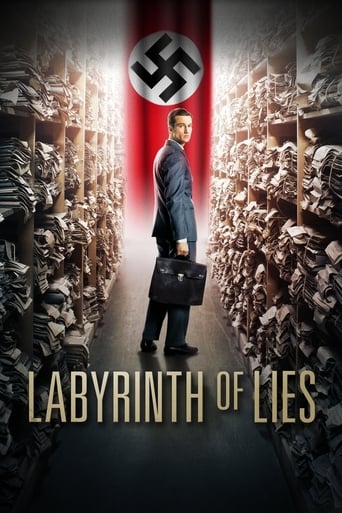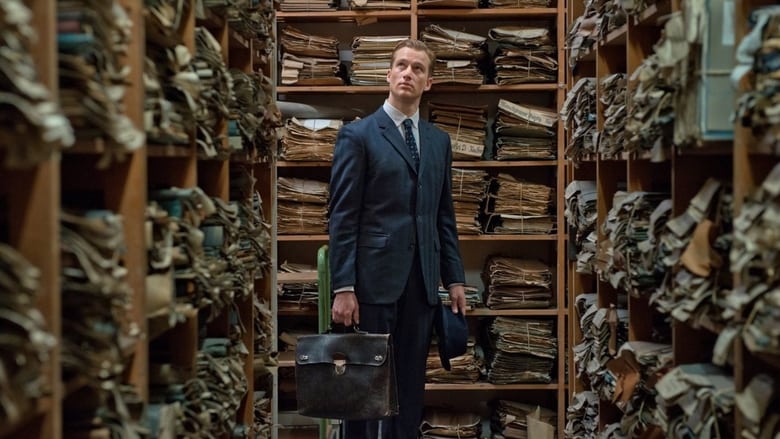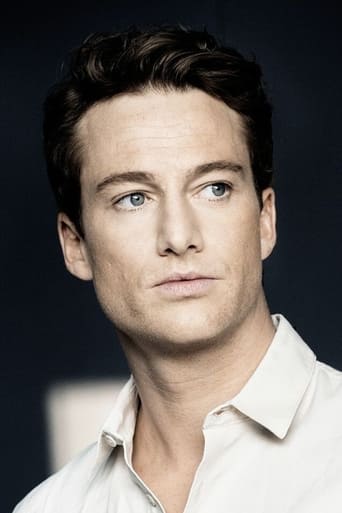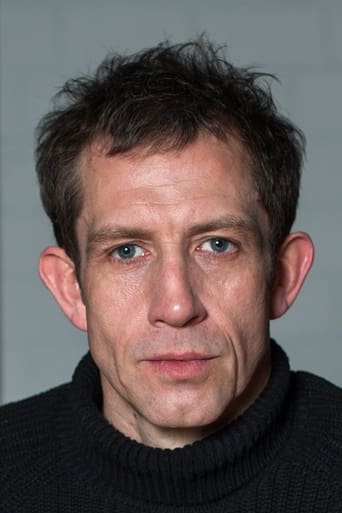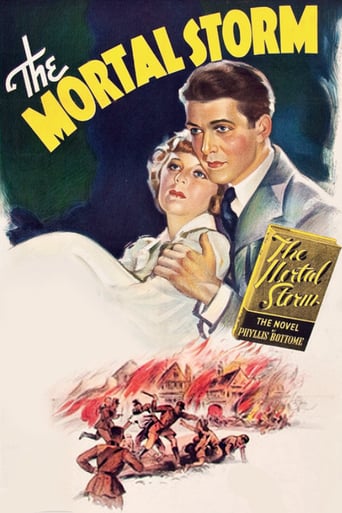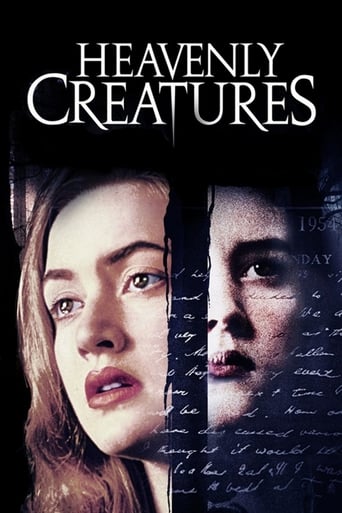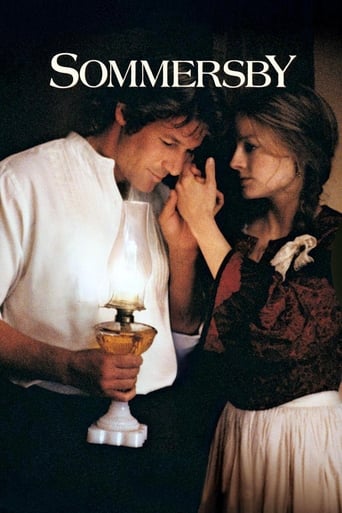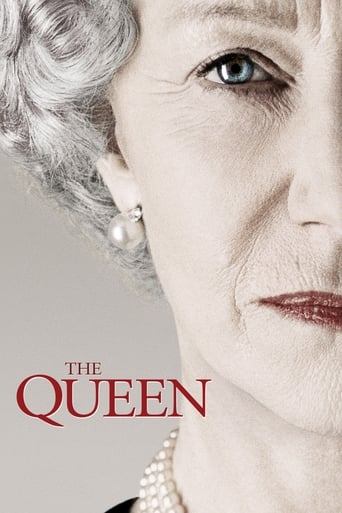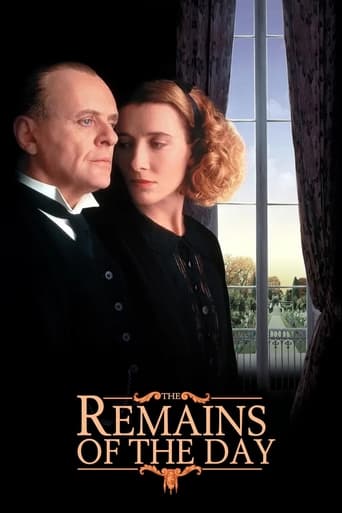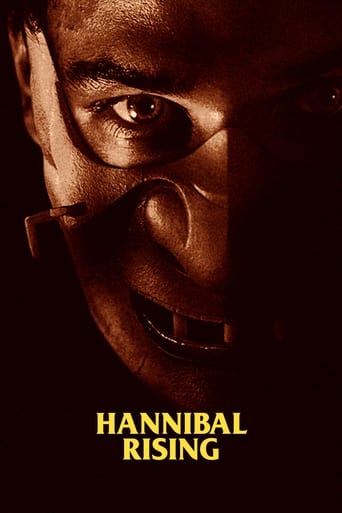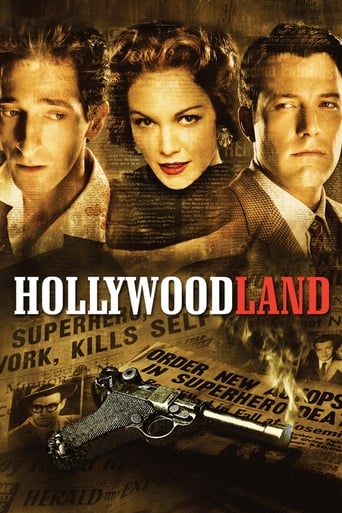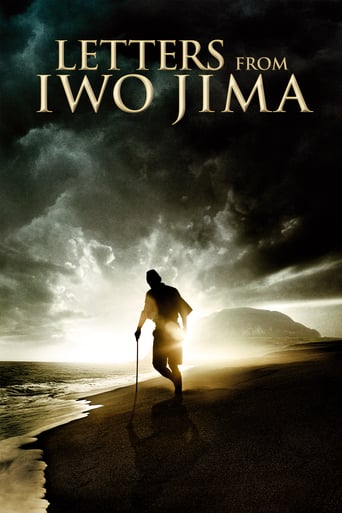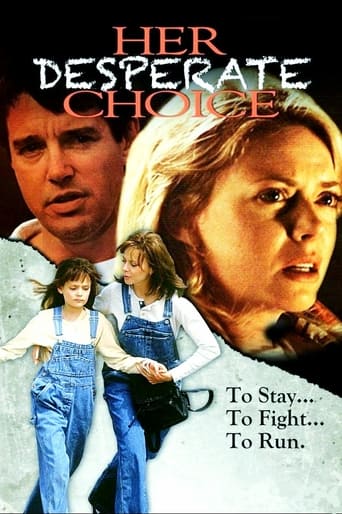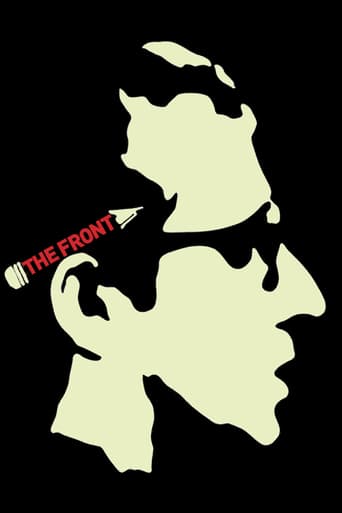Labyrinth of Lies (2015)
A young prosecutor in postwar West Germany investigates a massive conspiracy to cover up the Nazi pasts of prominent public figures.
Watch Trailer
Free Trial Channels
Cast


Similar titles
Reviews
Entertaining from beginning to end, it maintains the spirit of the franchise while establishing it's own seal with a fun cast
I wanted to like it more than I actually did... But much of the humor totally escaped me and I walked out only mildly impressed.
This is a dark and sometimes deeply uncomfortable drama
The storyline feels a little thin and moth-eaten in parts but this sequel is plenty of fun.
Major Parker (Tim Williams). Originally in German in the movie (the American Major speaks German to Johann Radmann): "You were all Nazis. In the Eastern sector, now you are all communists. Jesus, you Germans! If little green men from Mars landed tomorrow, you would all become green".Finally a movie that shows the culpability of the common German people in the Holocaust! The Holocaust didn't happen just because of 4 Nazi psychos, but thanks to millions of ordinary men (90% of the Germans from 1940-41) who supported the Nazi ideology and happily collaborated in the massacres of millions of innocent men, women and children. By the way, two books that brilliantly demonstrate the collaboration of the vast and overwhelming majority of Germans in the gigantic Nazi killing machine are Rethinking the Holocaust, by Yehuda Bauer (a masterpiece) and Hitler's Willing Executioners: Ordinary Germans and the Holocaust, by Daniel Goldhagen.Im Labyrinth des Schweigens shows the fast oblivion in Germany of the atrocities committed by the Germans just 10 years after the liberation of the Nazi concentration and extermination camps, and the impunity millions of murderers enjoyed, people who tortured, massacred and gassed millions of Jews and non-Jews in the 1940s. Only very few Germans heard about Auschwitz before the famous Eichmann trial in 1961.Im Labyrinth des Schweigens focuses on the the period prior to the trials that took place in Frankfurt between December 20, 1963 and August, 1965 (called in German der Auschwitz- Prozess) against very few SS members who operated in Auschwitz. The trials were ridiculous and a spit on the 1,100,000 victims who were massacred and gassed in Auschwitz. From the 7,000 SS members who operated in Auschwitz during the war, only 22 dogs were judged at the Frankfurt Trials. Nevertheless, the attempt for a pinch of justice was important. From the 22 SS members, only 6 got life imprisonment, many got ridiculous sentences ranging from 3 to 10 years, and 5 were simply released.Im Labyrinth des Schweigens shows the extreme difficulty of judging the murderers because of the silence the Germans kept and their attempt to hide the truth.Im Labyrinth des Schweigens got many prizes (although none were extremely important) and it was the film that Germany presented for the category 'Best Foreign Language Film' (Oscars, 2016), although it was not nominated.I always believed that the only way Germans (and Austrians) have today to clean the blood their parents and grandparents spilled is to be deeply anti-Nazi. But how many Germans and Austrians are there today who are deeply anti-Nazi?"Schweigen" is "silence" in German. The correct translation of the title would be: "In the Labyrinth of Silence". In English the title has been poorly translated as Labyrinth of Lies.The best: the fact that the culpability of the German common pig in the Holocaust finally arouses.The worst: that even when the film shows Fritz Bauer (the judge who made the Frankfurt Trials possible), the character of Johann Radmann (brilliantly performed by Alexander Fehling) is fictitious.
Germany's submission (trailer) for Best Foreign Language Film at the upcoming Academy Awards puts viewers in a world of anti-Semitism, fear, denial, indifference and callous pragmatism. The movie, screened with subtitles, breathes life into the familiar storyline of a justice-seeking crusader. This one is not entirely alone, but the pervasive forces he's battling are propagated not just by those in power but by the common folk as well. Set in Frankfurt in 1958, the movie fictionalizes the effort to conduct the first German prosecutions of former Nazi officials. Many believed the Nuremberg trials conducted by the Allied forces had resolved that matter (or should have). At the same time, it was common knowledge that war criminals were everywhere, carrying on normal lives with impunity. Only after these ground-breaking trials did Germans finally confronted their wartime culpability. Bringing ex-Nazis to justice required heroic effort. Making that journey in the film is young prosecutor Johann Radmann, played by Alexander Fehling in a widely praised performance. (Radmann is a composite of several real-life prosecutors.) He's a junior one, handling traffic violations, but he's ambitious. The screenplay deftly reveals this by showing him articulating the case for sentencing a murderer to the maximum penalty of life imprisonment, then we see he's standing alone in front of a bathroom mirror. Into this unfulfilled life comes a revelation from a journalist, Thomas Gnielka (André Szymanski). He tells prosecutors a member of the Waffen S.S. stationed at the Auschwitz concentration camp now works as a school teacher, in violation of federal law. Radmann wants the case, but he's opposed by his boss and colleagues. He's supported, however, then led by a shrewd, experienced Attorney General, Fritz Bauer, the real-life hero of the story, who has long harbored the ambition of bringing top ex-Nazis to justice. Played by the late Gert Voss, he exudes quiet power. Radmann is far less aggressive in his personal life than his professional one, but a convincing romantic involvement with a dressmaker, Marlene Wondrak (Friederike Becht), raises the stakes for him. We feel the horrors of the camp through the emotions of survivors, primarily artist Simon Kirsch (Johannes Krisch), a friend of Gnielka, who lost his twin daughters to the horrific experiments of Dr. Josef Mengele. But the focus stays on the complicity of those who continue to ignore, deny, or cover up Nazi crimes. It's not difficult to understand the disconnect between Radmann and the people trying to thwart him. He was too young to appreciate how so many of his countrymen came to be Nazis. If he can't come to terms with his new knowledge, however, it will destroy him.
Things seem dated and the behavior in this movie almost feels like it. But there was a time where people seemed to want to forget rather than face certain things in public. Speak about cruelties makes things real, rather than just saying it's a story. But just the fact, that people were talking about things happening, remembering them (for better or worse) made it personal.And while the movie is not really surprising in its structure or where it's heading, it's still manages to build some tension (character secrets and values and more things that are revealed along the main story/themes). Never forget and never repeat ... but is this problem/issue that easy to overcome?
"Im Labyrinth des Schweigens" or "Labyrinth of Lies" is director Giulio Ricciarelli's first feature film after 4 short films in the last ten years. So, looking at how he is relatively new to the genre, the result is not bad at all especially given Ricciarelli also wrote the film together with Elisabath Bartel. Actually, he has been more of an actor so far, just like his wife Lisa Martinek. She also plays a small part in here. The main part is played by Alexander Fehling, namely a prosecutor (Radmann) 15 years after World War II. Fehling is one of Germany's rising stars and you may have seen him in "Goethe! not too long ago. The role was pretty baity and all in all Fehling did a good job with it. My favorite performance, however, comes from the recently deceased Gert Voss, who plays a bit of a father figure and mentor to Fehling's character, at the very moment Radmann loses faith in his real father.Prosecutor Radmann looks into German history and tries to catch those responsible for the crimes during World War II. Obviously, there is also lots of morale in there. Can they be punished for being in the party? What did they have to do to be really responsible for what happened and face consequences? Wasn't everybody involved somehow? Including the central character's family? Why haven't they done anything to stop the tragedy? There were a couple good scenes in this film. I liked the reactions from Radmann's secretary and also the one-word-swearing from his colleague right after one interrogation. Maybe my favorite moment of the film and I quite liked Johann von Bülow's performance here. The historic references were interesting too and I was surprised to see how so many people did not know anything about Auschwitz, apart from these who obviously did not want to know.Unfortunately, there are also some criticisms. The ending was too heroic for me and too forced as a happy end I thought. Okay, you could bring up the excuse, this is how it happened in real, but somehow I did not like it. It would have been nice to watch the filmmakers take the risk and end the film with the lead character failing as we see him as a private prosecutor together with the lawyer who defended the accused Nazi criminal earlier on when he called his acts human as he was not the one deciding who gets killed, but who shall live. Apart from that, basically all the romantic scenes felt really weak to me. The problem was not the acting there, it was really the writing. The first meeting where the female main character is at court is not good and the ending with the two and the jacket metaphor I thought was downright cringeworthy. Also the scene with Radmann's mother felt randomly rushed in as this relationship remained completely unexamined.This is not a perfect movie at all, sometimes the dialogs are excellent, sometimes the exact opposite, but everybody with an interest in German history or German films in general can give it a chance. If you liked it, let me recommend you an older film with a similar topic: "Das schreckliche Mädchen" / "The Nasty Girl", an Oscar nominee in the Foreign Language Film category from roughly 25 years ago.

